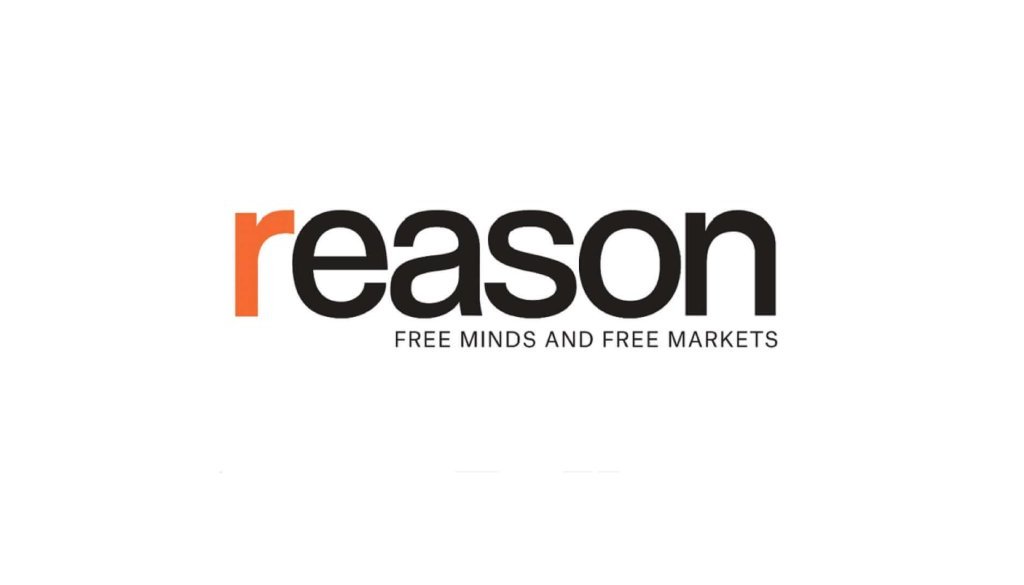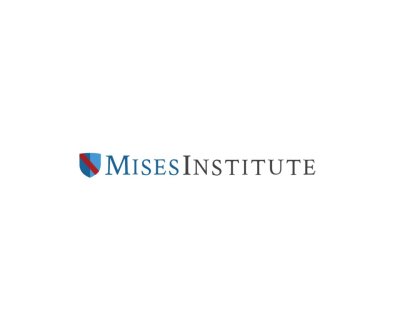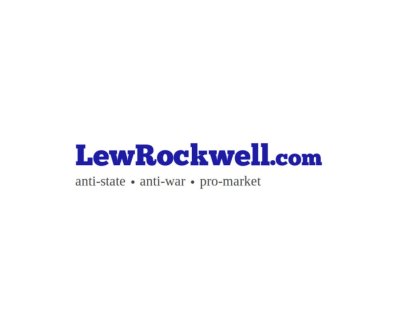A Scary Government Report Implies That Moderate Drinking Is Manifestly Reckless
A new report from a federal advisory panel charged with examining the evidence concerning the health outcomes associated with alcohol consumption paints a decidedly more alarming picture than a recent review from the National Academies of Sciences, Engineering, and Medicine (NASEM). Since both reports are supposed to guide this year’s revision of the federal government’s dietary advice, the question of which to believe is of keen interest to businesses that oppose a reduction in recommended drinking limits.
A coalition of alcohol-related trade groups yesterday slammed the scarier report, which was prepared by the Interagency Coordinating Committee on the Prevention of Underage Drinking (ICCPUD). The coalition, which includes groups representing distillers, vintners, brewers, restaurateurs, farmers, bartenders, and liquor retailers, argues that the ICCPUD can’t be trusted because it is “tainted by bias” against alcohol. Those business interests understandably prefer the NASEM report. Critics of that report, meanwhile, complain that it was skewed by a pro-alcohol bias.
Questions of motivation aside, there are sound scientific reasons to treat both reports with caution, given the widely recognized weaknesses of the observational studies on which they rely. And regardless of which report you find more persuasive, the question of whether and how much to drink ultimately comes down to a value judgment that weighs individual risks against individual benefits. Neither public health bureaucrats nor physicians who follow their guidance are in a position to make that call, although their advice may factor into it.
The NASEM report concludes with “moderate certainty” that alcohol consumption within the limits recommended by the most recent version of the Dietary Guidelines for Americans—two drinks a day for men and one for women—is associated with a 10 percent increase in breast cancer risk. But it says “no conclusion could be drawn” regarding other cancers.
NASEM’s panel of experts also found enough evidence to conclude with “moderate certainty” that drinkers who consume “moderate amounts of alcohol” face a lower risk of death from cardiovascular disease than teetotalers do. And the panel concluded, with the same level of confidence, that “moderate alcohol consumption is associated with lower all-cause mortality.”
The ICCPUD report, by contrast, warns that “the risk of dying from alcohol use begins at low levels of average use.” It concurs with a recent advisory from Surgeon General Vivek Murthy, who said alcohol consumption has been convincingly linked to “at least seven different types of cancer” and warned that even moderate drinking raises the risk of those diseases. But the ICCPUD report goes further, linking alcohol to a litany of terrifying outcomes, ranging from lethal overdoses and injuries to potentially deadly diseases such as liver cirrhosis and esophageal cancer.
The ICCPUD nevertheless concedes that moderate drinking is associated with a reduced risk of diabetes among women and a reduced risk of ischemic stroke for men and women. “For conditions such as ischemic heart disease, ischemic stroke, certain cancers (e.g., kidney and thyroid), and diabetes mellitus,” it says, “there is mixed research about the potential protective effect on disease occurrence and mortality for people who consume relatively low amounts of alcohol and who do not engage in binge drinking.”
In addition to its emphasis on all the bad things that might happen to you if you drink, the ICCPUD report i
Article from Reason.com

The Reason Magazine website is a go-to destination for libertarians seeking cogent analysis, investigative reporting, and thought-provoking commentary. Championing the principles of individual freedom, limited government, and free markets, the site offers a diverse range of articles, videos, and podcasts that challenge conventional wisdom and advocate for libertarian solutions. Whether you’re interested in politics, culture, or technology, Reason provides a unique lens that prioritizes liberty and rational discourse. It’s an essential resource for those who value critical thinking and nuanced debate in the pursuit of a freer society.




